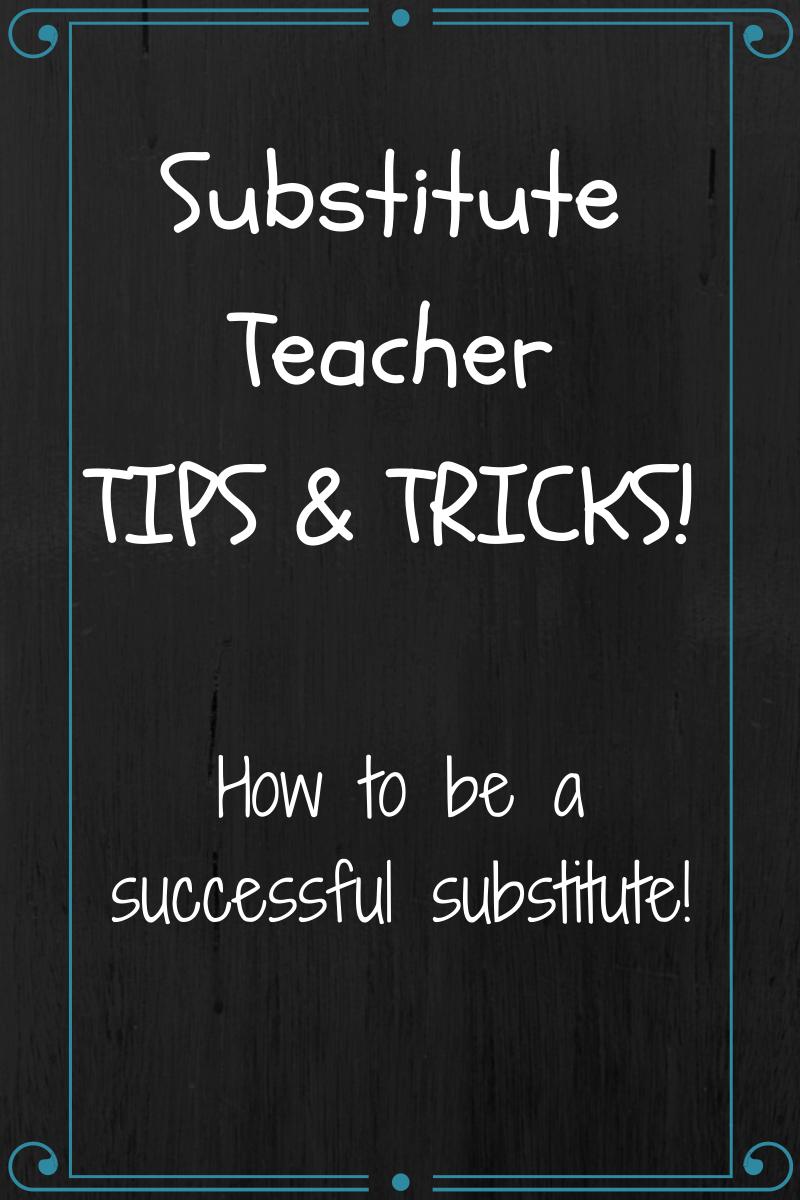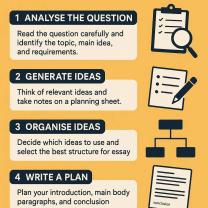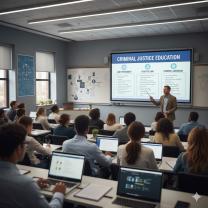How to be an effective substitute teacher?
Being an effective substitute teacher requires a combination of preparation, adaptability, and effective communication. Here are some strategies and tips to help you succeed in the role:
Familiarize Yourself with the Classroom:
- Arrive early to familiarize yourself with the classroom layout, materials, and any lesson plans left by the regular teacher. Knowing the basics of the class environment will help you feel more confident and in control.
Review and Follow Lesson Plans:
- If the regular teacher has left lesson plans, follow them as closely as possible. If there are no plans, be prepared to improvise and engage students in meaningful activities that align with the subject matter.
Establish Clear Expectations:
- Set clear and consistent expectations for behavior from the beginning. Let students know what you expect in terms of behavior, participation, and completion of assignments. Consistency is key.
Be Flexible and Adaptable:
- Be ready to adapt to unforeseen circumstances. Lesson plans may need to change, and unexpected situations may arise. Flexibility and adaptability are crucial qualities for a substitute teacher.
Learn Names Quickly:
- Make an effort to learn students' names as quickly as possible. This helps create a positive and respectful atmosphere in the classroom.
Use Positive Reinforcement:
- Encourage positive behavior by using praise and positive reinforcement. Acknowledge students who are following instructions, participating, and being respectful.
Maintain a Positive Attitude:
- Approach the day with a positive attitude, even if faced with challenging situations. A positive demeanor can set the tone for a productive and enjoyable learning environment.
Have a Repertoire of Engagement Strategies:
- Keep students engaged by incorporating a variety of instructional strategies, such as group activities, discussions, and hands-on projects. Interactive lessons are more likely to capture students' attention.
Address Behavioral Issues Calmly:
- If behavioral issues arise, address them calmly and assertively. Follow the school's policies and procedures for handling discipline while maintaining a respectful and professional demeanor.
Leave Detailed Notes:
- Leave detailed notes for the regular teacher about the day's activities, any issues that arose, and how well students performed. This helps the teacher transition back into the classroom smoothly.
Seek Support from School Staff:
- If you encounter challenges or have questions, don't hesitate to seek support from other school staff, such as administrators, office staff, or other teachers.
Be Professional and Reliable:
- Demonstrate professionalism by being punctual, dressing appropriately, and fulfilling your responsibilities. Being reliable and trustworthy makes a positive impression on both students and school staff.
Be Prepared with Backup Activities:
- Have a few backup activities or materials in case the lesson plans provided are incomplete or if you finish the planned activities ahead of schedule.
Build Relationships:
- Even as a substitute, building positive relationships with students can contribute to a more positive and productive classroom environment. Show genuine interest in their learning and well-being.
By combining these strategies with your own unique style, you can become a more effective and confident substitute teacher. Each classroom experience offers an opportunity to refine your skills and positively impact the students you encounter.
What strategies contribute to being an effective substitute teacher?
Being an effective substitute teacher requires a combination of preparation, flexibility, and strong interpersonal skills. Here are some key strategies that contribute to success:
Preparation:
- Reviewing lesson plans and materials: Before arriving, thoroughly review the lesson plans and any provided materials. Familiarize yourself with the learning objectives, activities, and assessments.
- Learning about the students: Ask the regular teacher or other staff members about the students' learning styles, strengths, weaknesses, and any specific needs or challenges.
- Preparing backup materials: Have additional activities or resources on hand in case the provided lesson plan doesn't fill the entire time or needs to be adapted.
Classroom management:
- Establishing clear expectations: Introduce yourself confidently and establish clear expectations for behavior and participation from the beginning.
- Building rapport with students: Be friendly, approachable, and interested in getting to know the students. Engage with them individually and as a group.
- Maintaining a positive and organized environment: Organize the classroom space for smooth transitions and efficient use of time. Be calm, positive, and consistent in your interactions with students.
Instructional Strategies:
- Providing clear and concise explanations: Deliver information in a way that is easy for students to understand. Use visuals, examples, and real-world connections to enhance comprehension.
- Actively engaging students: Utilize a variety of instructional methods such as discussions, group activities, technology integration, and hands-on learning to keep students engaged and actively participating.
- Adapting to different learning styles: Be mindful of diverse learning styles and needs and adapt your instruction to accommodate them. Provide differentiated support and challenge to ensure all students are successful.
Communication and Collaboration:
- Communicating effectively with the regular teacher: Ask questions and seek clarification on anything unclear in the lesson plans. Update the regular teacher on any critical events or important information that occurred during your absence.
- Collaborating with other staff members: Don't hesitate to seek assistance from other teachers, administrators, or support staff if you need help managing the classroom, addressing student concerns, or finding resources.
Professionalism:
- Being punctual and reliable: Arrive on time and be prepared to start the day promptly. Be dependable and professional in your interactions with students, staff, and parents.
- Maintaining a positive attitude: Be enthusiastic about teaching and learning, even if faced with unexpected challenges. Project a positive and optimistic demeanor to create a welcoming and productive learning environment.
- Reflecting on your practice: After each teaching experience, reflect on what worked well and what could be improved. Use this feedback to continuously develop your skills and become a more effective substitute teacher.
By focusing on these strategies, substitute teachers can make a positive impact on students' learning and contribute to a successful learning environment, even in the absence of the regular teacher. Remember, the best substitute teachers are adaptable, flexible, and always striving to create a positive and engaging learning experience for all students.











